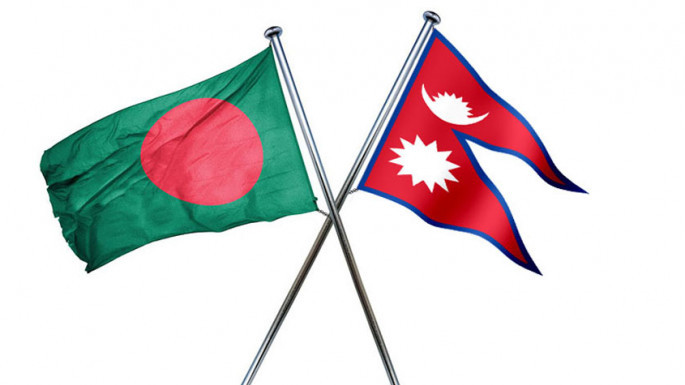For past few days, there has been some confusion in the media regarding the 6-acre land agreement between Nepal and Bangladesh for the development of a Buddhist cultural center and pagoda in Lumbini. Although some reports have it that the land has been given free, it must be made clear that the land has been leased to Bangladesh for 99 years.
The land will be used to promote religious and cultural activities there in Lumbini, which has a rich Buddhist heritage, said Religious Affairs Adviser A F M Khalid Hossain. Nepalese government has also shown a willingness to grant land to such cultural developments, particularly where its Buddhist centres are well-established.
The project for establishing the cultural center and pagoda, which is sponsored by the Ministry of Religious Affairs and the Buddhist Welfare Trust, has been approved by the Executive Committee of the National Economic Council (ECNEC) at a cost of 68 crore BDT (about USD 8 million) This plan is also a great cultural significance between both nations.
While there has been much media coverage of the land being a “free gift,” this is incorrect. In fact, the land is on lease, not for donation, and Nepal owns it. As with most international land deals, the terms of the lease could include a financial element; it might be a one-off payment or ongoing annual payments during the term of the lease, but full details of the deal have not been made public.
Under this formal lease agreement, the land would be developed by Bangladesh for a cultural center and pagoda while Nepal would be the owner. Countries lease land for development while still having sovereignty over it — a common international practice.
















